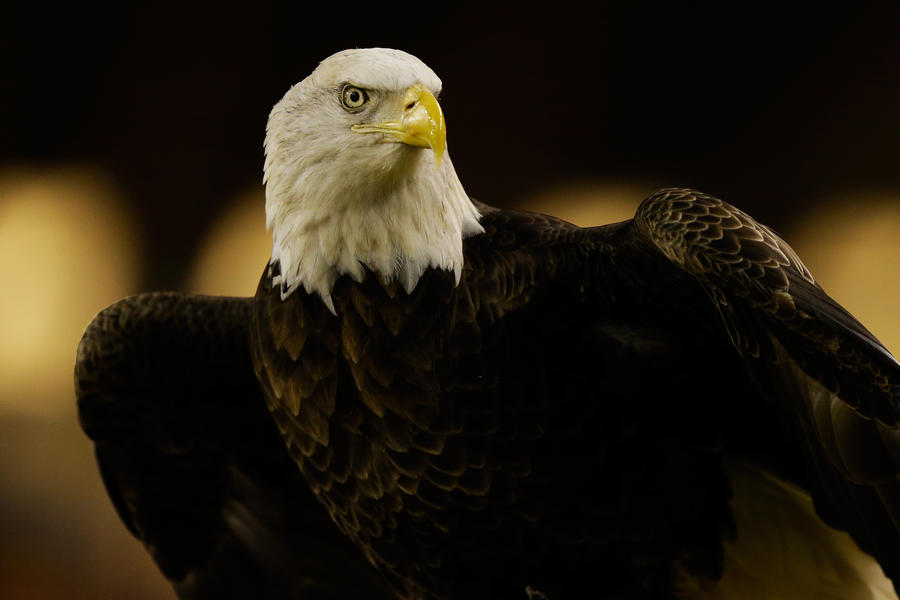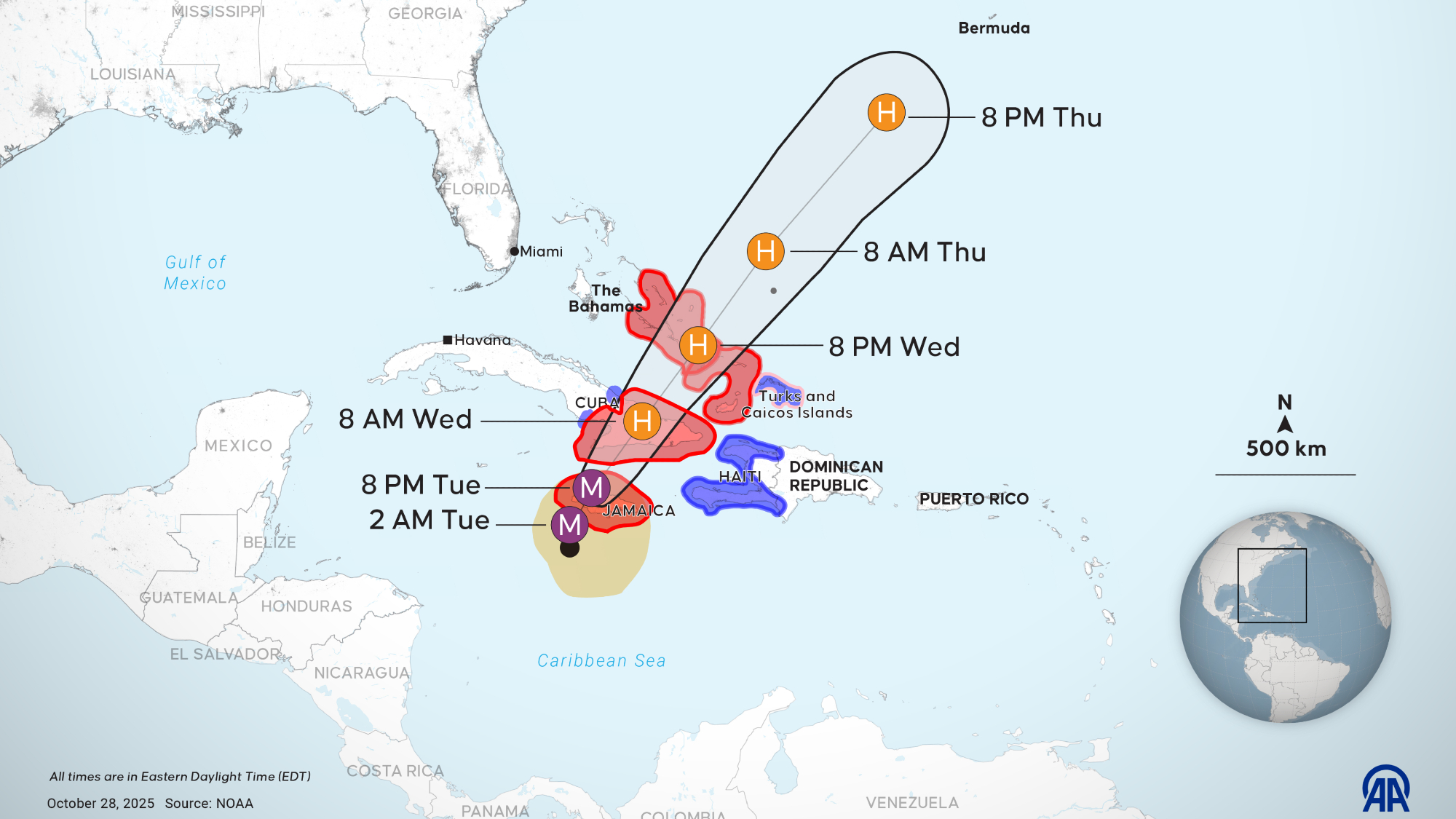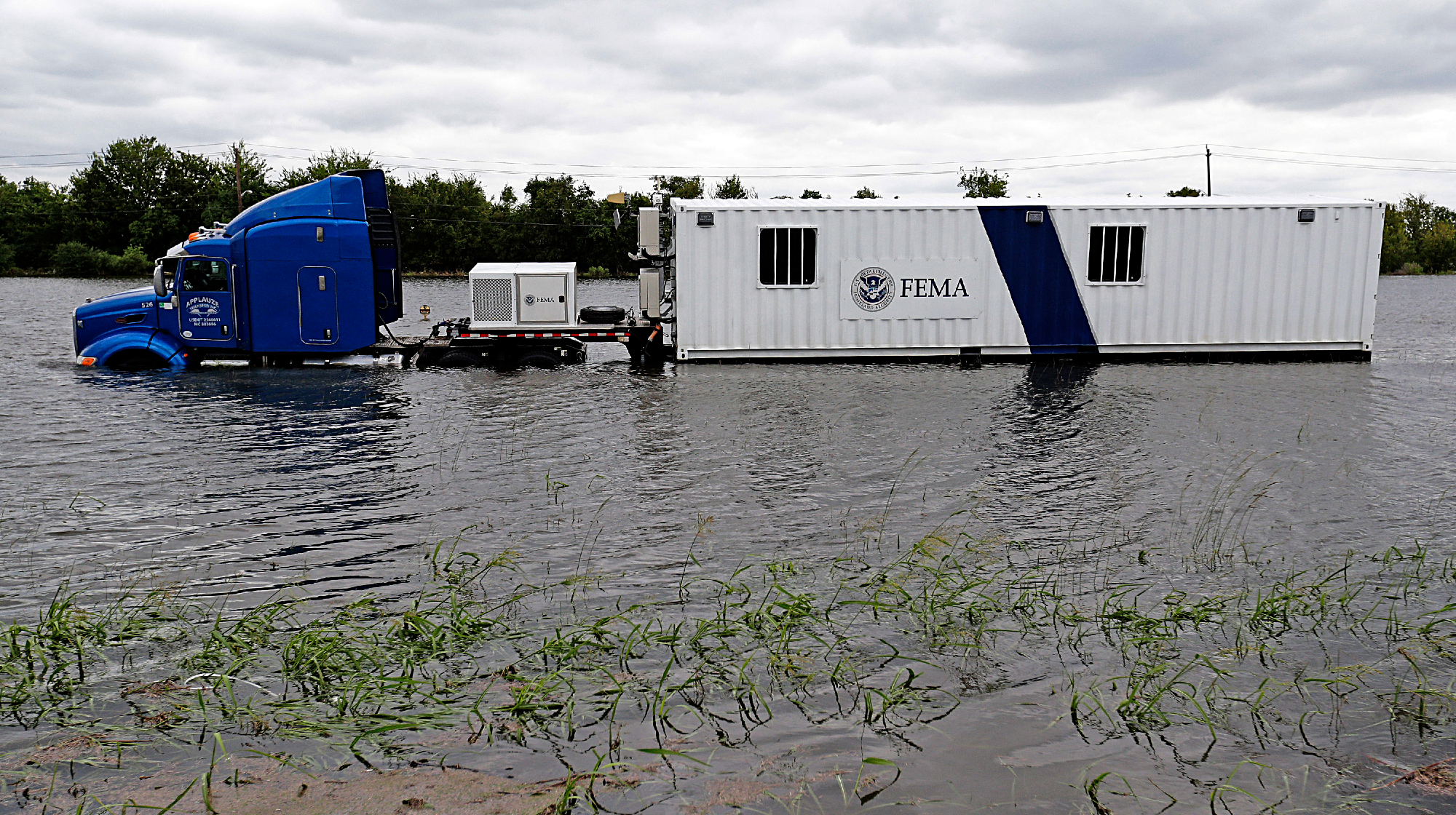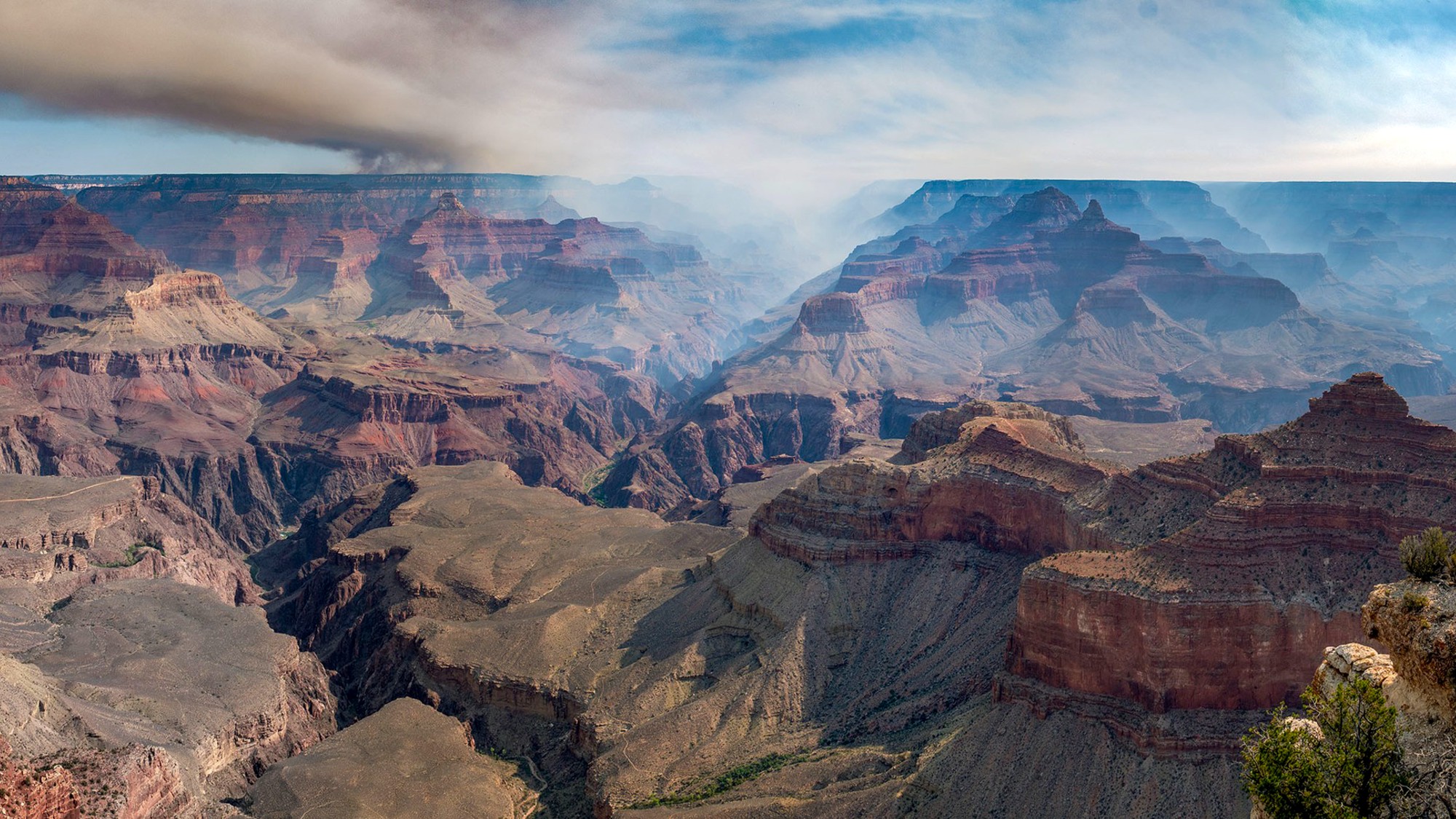Study: Climate change is threatening half of all North American bird species


A free daily email with the biggest news stories of the day – and the best features from TheWeek.com
You are now subscribed
Your newsletter sign-up was successful
A new study released Monday by the National Audubon Society is bad news for birds: If global warming continues at its quick pace, half of all bird species in the United States and Canada are at risk of major population decline by 2080.
"The scale of the disruption we're projecting is a real punch in the gut," Gary Langham, chief Audubon scientist, told the Los Angeles Times.
Researchers looked at more than 500 bird species, and found that more than 300 might be affected by changing environments, which means the birds must adapt to new habitats, precipitation levels, and temperatures in order to survive. The bald eagle could have its habitat decrease by 75 percent, the study says, while the common loon, Minnesota's state bird, could lose all of its habitat in the lower 48. Southern California's black oystercatcher could move up to British Columbia and Alaska.
The Week
Escape your echo chamber. Get the facts behind the news, plus analysis from multiple perspectives.

Sign up for The Week's Free Newsletters
From our morning news briefing to a weekly Good News Newsletter, get the best of The Week delivered directly to your inbox.
From our morning news briefing to a weekly Good News Newsletter, get the best of The Week delivered directly to your inbox.
This is the first comprehensive study of its kind, and federal wildlife officials will use it to come up with new strategies to conserve species. "It's not easy being a bird — and things are going to get harder still," Langham said. "But if you give nature half a chance, she responds."
A free daily email with the biggest news stories of the day – and the best features from TheWeek.com
Catherine Garcia has worked as a senior writer at The Week since 2014. Her writing and reporting have appeared in Entertainment Weekly, The New York Times, Wirecutter, NBC News and "The Book of Jezebel," among others. She's a graduate of the University of Redlands and the Columbia University Graduate School of Journalism.
-
 6 of the world’s most accessible destinations
6 of the world’s most accessible destinationsThe Week Recommends Experience all of Berlin, Singapore and Sydney
-
 How the FCC’s ‘equal time’ rule works
How the FCC’s ‘equal time’ rule worksIn the Spotlight The law is at the heart of the Colbert-CBS conflict
-
 What is the endgame in the DHS shutdown?
What is the endgame in the DHS shutdown?Today’s Big Question Democrats want to rein in ICE’s immigration crackdown
-
 Death toll from Southeast Asia storms tops 1,000
Death toll from Southeast Asia storms tops 1,000speed read Catastrophic floods and landslides have struck Sri Lanka, Indonesia, Thailand and Malaysia
-
 Hurricane Melissa slams Jamaica as Category 5 storm
Hurricane Melissa slams Jamaica as Category 5 stormSpeed Read The year’s most powerful storm is also expected to be the strongest ever recorded in Jamaica
-
 Renewables top coal as Trump seeks reversal
Renewables top coal as Trump seeks reversalSpeed Read For the first time, renewable energy sources generated more power than coal, said a new report
-
 China vows first emissions cut, sidelining US
China vows first emissions cut, sidelining USSpeed Read The US, the world’s No. 2 emitter, did not attend the New York summit
-
 At least 800 dead in Afghanistan earthquake
At least 800 dead in Afghanistan earthquakespeed read A magnitude 6.0 earthquake hit a mountainous region of eastern Afghanistan
-
 Massive earthquake sends tsunami across Pacific
Massive earthquake sends tsunami across PacificSpeed Read Hundreds of thousands of people in Japan and Hawaii were told to evacuate to higher ground
-
 FEMA Urban Search and Rescue chief resigns
FEMA Urban Search and Rescue chief resignsSpeed Read Ken Pagurek has left the organization, citing 'chaos'
-
 Wildfires destroy historic Grand Canyon lodge
Wildfires destroy historic Grand Canyon lodgeSpeed Read Dozens of structures on the North Rim have succumbed to the Dragon Bravo Fire
